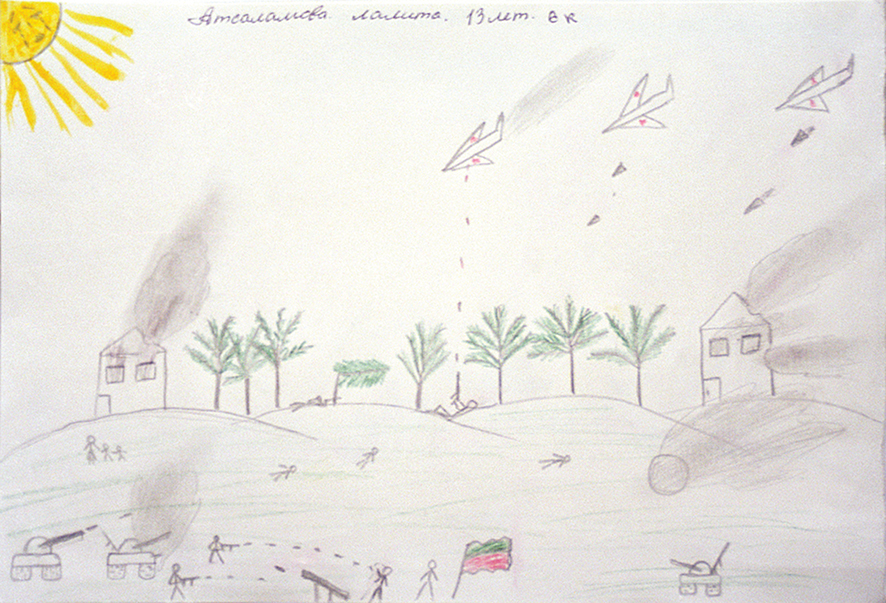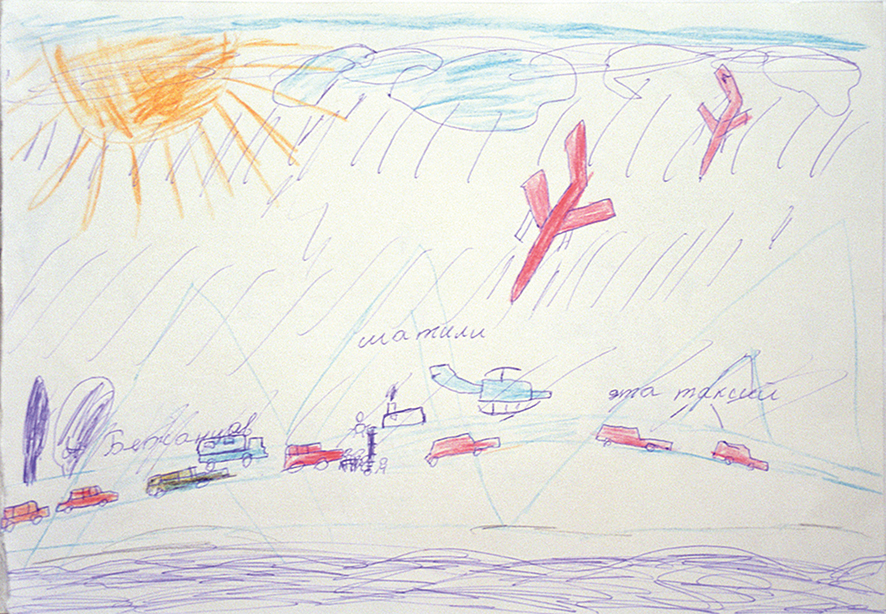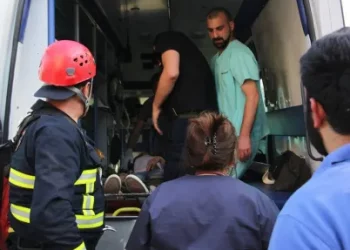It’s been a bad season for “deaths of people I knew”.
In 2000, newly arrived in Tbilisi, I was asked to run a program of medical aid for refugee children from Chechnya. Their province’s war after declaring independence from Russia had re-started in 1999, and Georgian President Shevardnadze had opened the border to allow them across. There were a number of thousands of them in the Pankisi gorge, living alongside their countryfolk from similar wars a century ago, the Kists. An NGO in Tbilisi had received a $100,000 anonymous donation from one individual, with the stipulation that it all be used for Chechen refugees. The leader of the NGO was a friend of mine and knew of my interest in the Chechens, so he tapped me.

I had already been trying to meet and learn about these people in Tbilisi, so this was something I jumped at. One of them, named R, was chosen to be the program’s accountant. The main doctor for it was a Svan, from Etseri, where Lali and I ended up moving for 13 years, and he eventually became my blood brother. The three of us, R, Nodar and I, all became great friends.
Most of our spending went toward tuberculosis, because it can take months to cure and we were paying for food as well as medical care. We also insisted on testing everyone living under one roof if a child was diagnosed, because the risk of re-infection was high and this was worse for the child than the original infection. If anyone else living with the child had TB, they had to be treated too, or we wouldn’t start. Fortunately, all but one family agreed to this.
We also did some eye surgery, some heart surgeries, other miscellaneous surgeries, and one nerve transplant. Medical care here was reasonably cheap and good, and the money went a long way.
During all this, I was mugged and robbed of about $700 of aid money; Nodar did my stitches, and R’s family put me up for a week until I felt better and was able to return to living solo. It was a wakeup call to become more street smart on Tbilisi’s dark, dangerous streets of back then, and I consider that I got off relatively lightly.
Eventually, R and his family moved to Baku, Azerbaijan, and then back to the North Caucasus, from where they tried to get compensation for their home in Chechnya, destroyed in the war. In this they were quite unsuccessful, only earning the unwelcome attention of the FSB, which accused him of being a foreign agent due to his connections with western diplomats here in Tbilisi. All he was trying to do was get some attention for his people’s plight. R was such a normal guy, the charges quite baseless.

Somehow, they managed to flee Russia for a western European country, where they applied for refugee status. Denied. Fearing deportation, R asked me for help as they appealed. So I tracked down and wrote to several former ambassadors to Georgia and NGO leaders whom I knew he had met, and asked them to contact the family’s lawyer. They did, and the appeal was granted, giving them eventual citizenship and relative security from the dreaded FSB.
Two weeks ago, I got a note from R’s wife that he was suddenly gone, from a stroke. Another blow to my heart.
His people may never be what they once were, having known nothing but conflict with Russia from first contact some centuries ago. They held off the Russian imperial army for about half of the 19th century under Shamil, an Avar from neighboring Daghestan. But then, Stalin. He deported them and several other North Caucasus peoples to Central Asia in World War II.
Chechnya was dissolved politically as an entity. Some 20% of its population died in the deportations. When they were allowed to trickle back home decades later, their villages had been forcibly resettled by other nationalities. Bitterness, bitterness. No wonder they took the step of declaring independence from Russia in 1991, smallest of its 88 provinces, as the USSR broke up. Alas, oil-richness (and maybe fear that letting a single piece go would start an unstoppable disintegration of what must remain the world’s largest country) led Moscow to say No. But Chechnya gave them a savage run for their money for years longer than the several hours Yeltsin’s advisers had given him. Happy are you to have a Chechen as your friend, as I discovered; but God help you if he’s your enemy.
The pictures accompanying this article are all drawn by Chechen children who witnessed far too much as they fled to Georgia a generation ago. I pray they have found peace.
BLOG BY TONY HANMER
Tony Hanmer has lived in Georgia since 1999, in Svaneti since 2007, and been a weekly writer and photographer for GT since early 2011. He runs the “Svaneti Renaissance” Facebook group, now with nearly 2000 members, at www.facebook.com/groups/SvanetiRenaissance/
He and his wife also run their own guest house in Etseri: www.facebook.com/hanmer.house.svaneti













